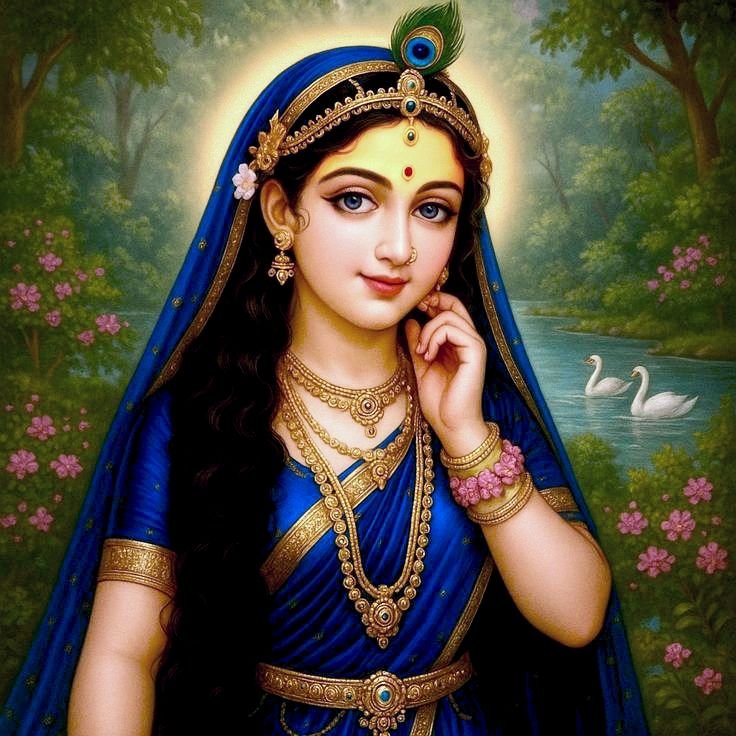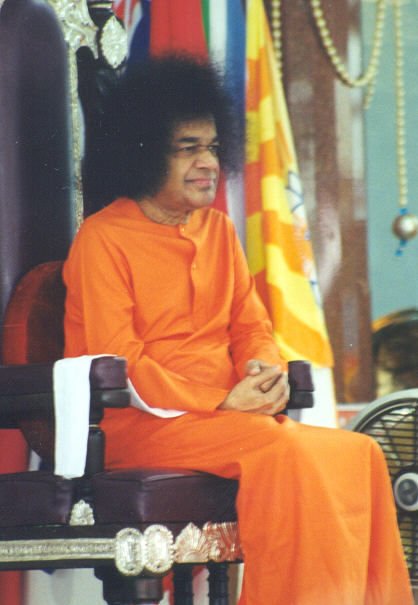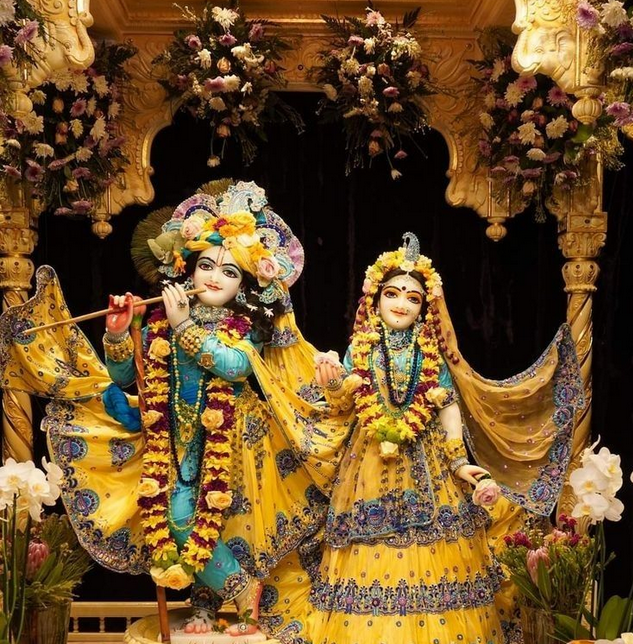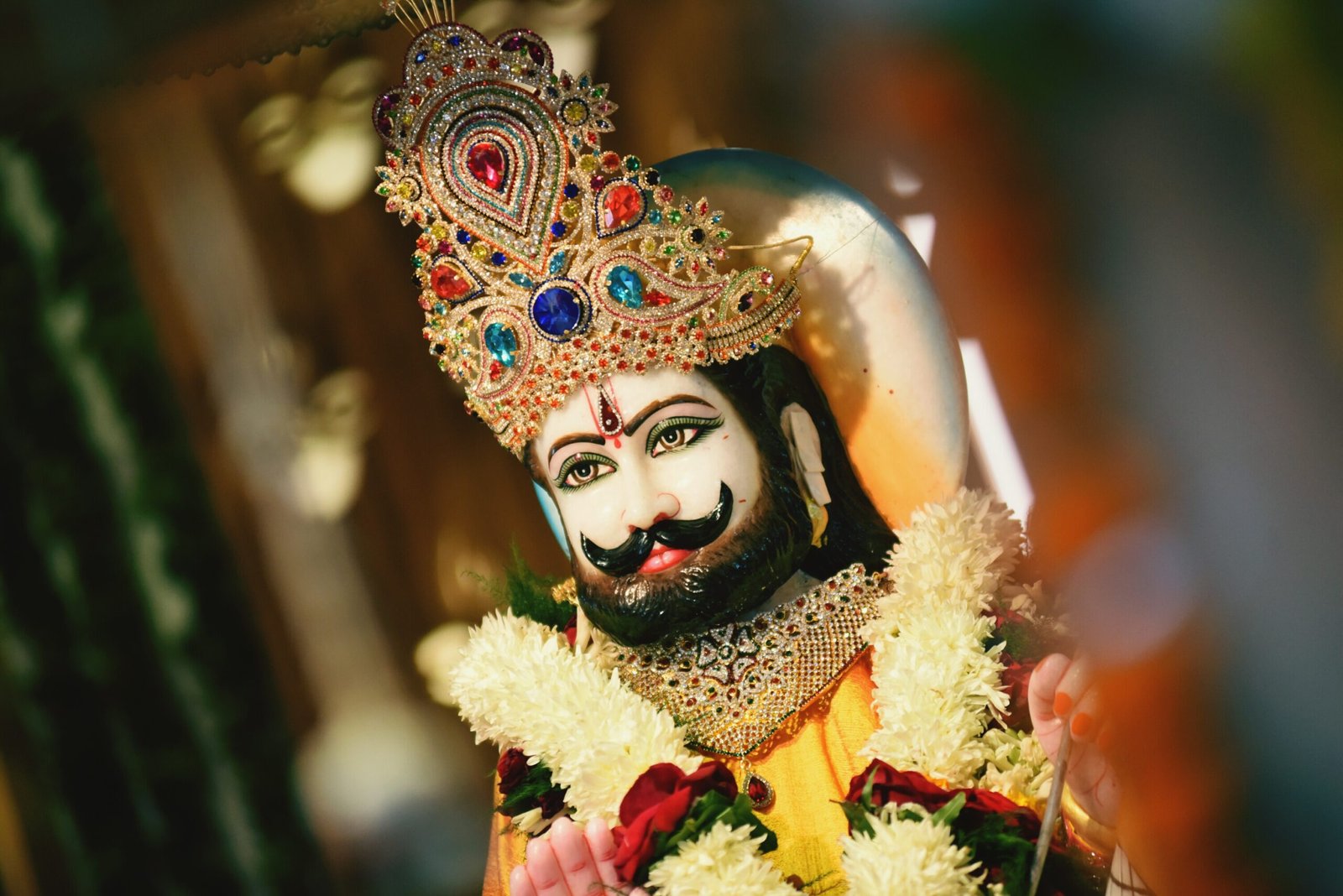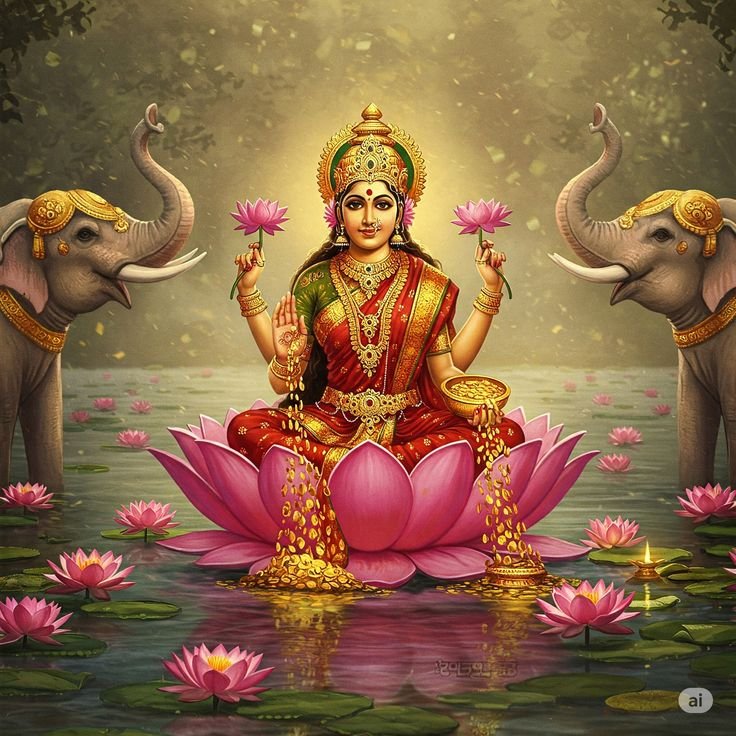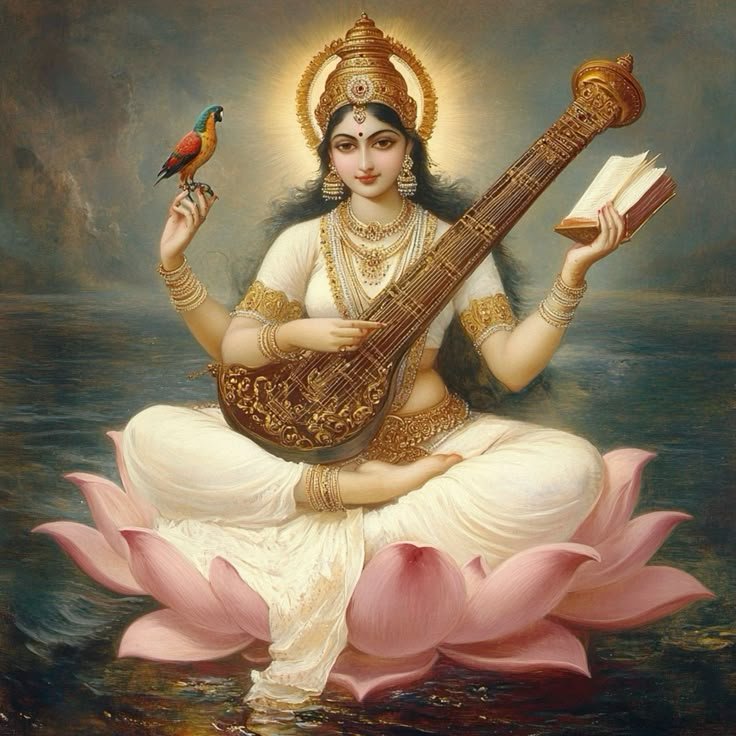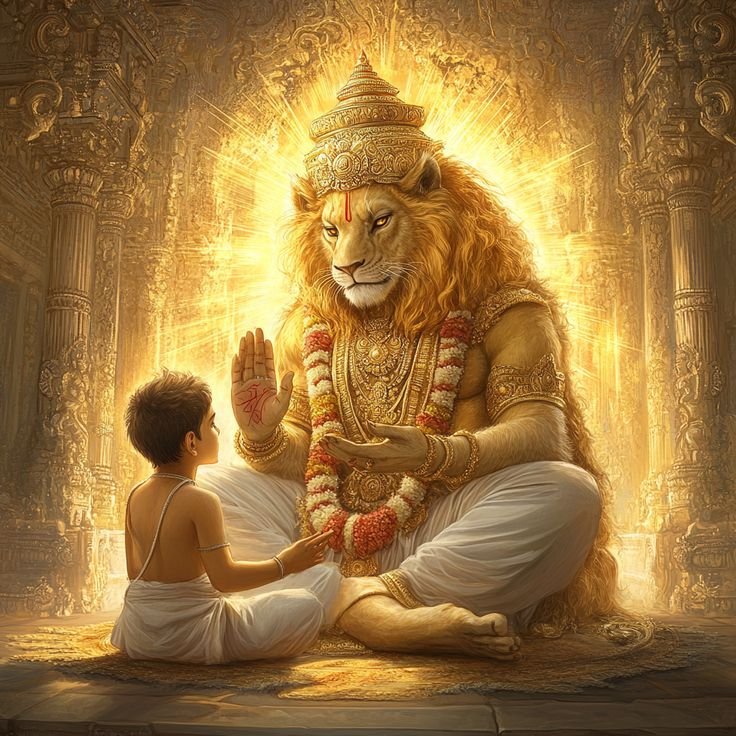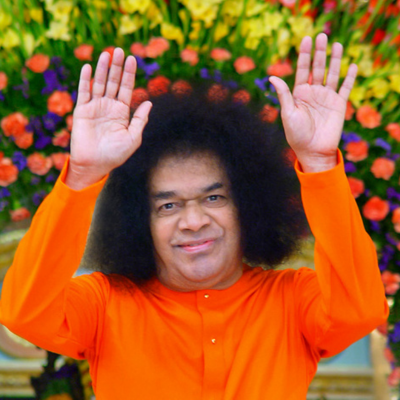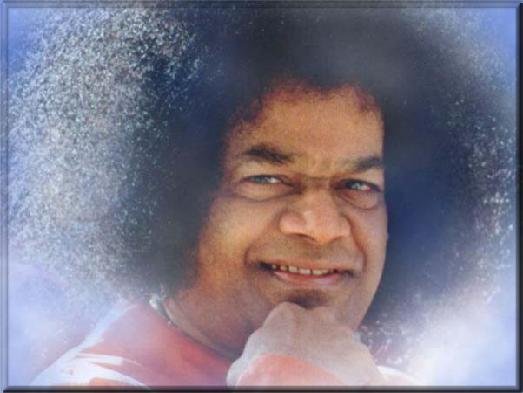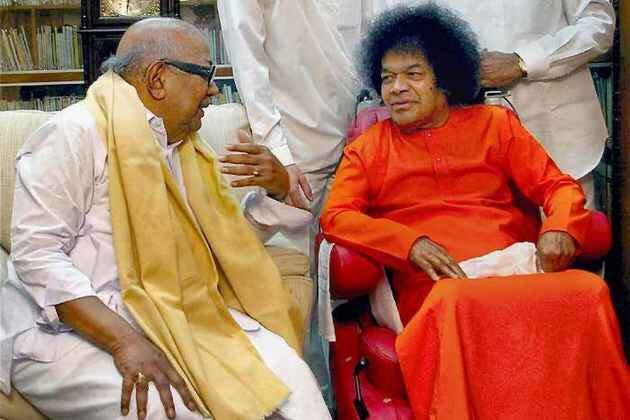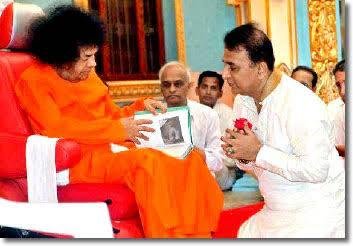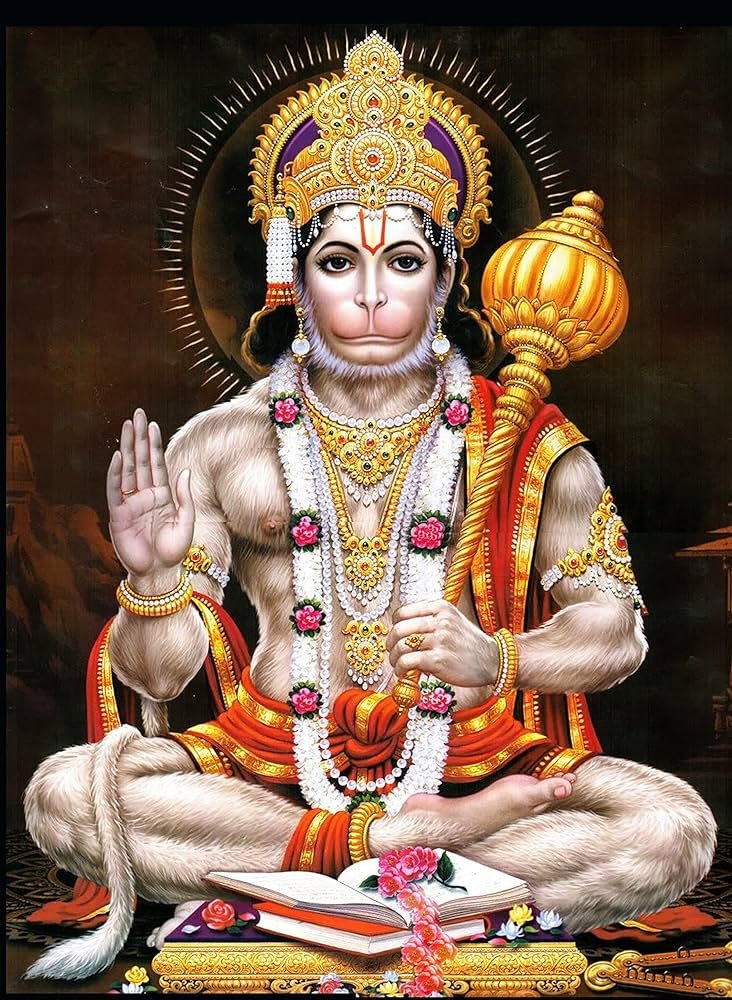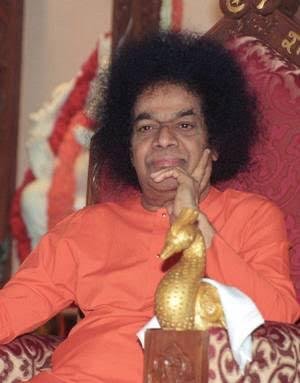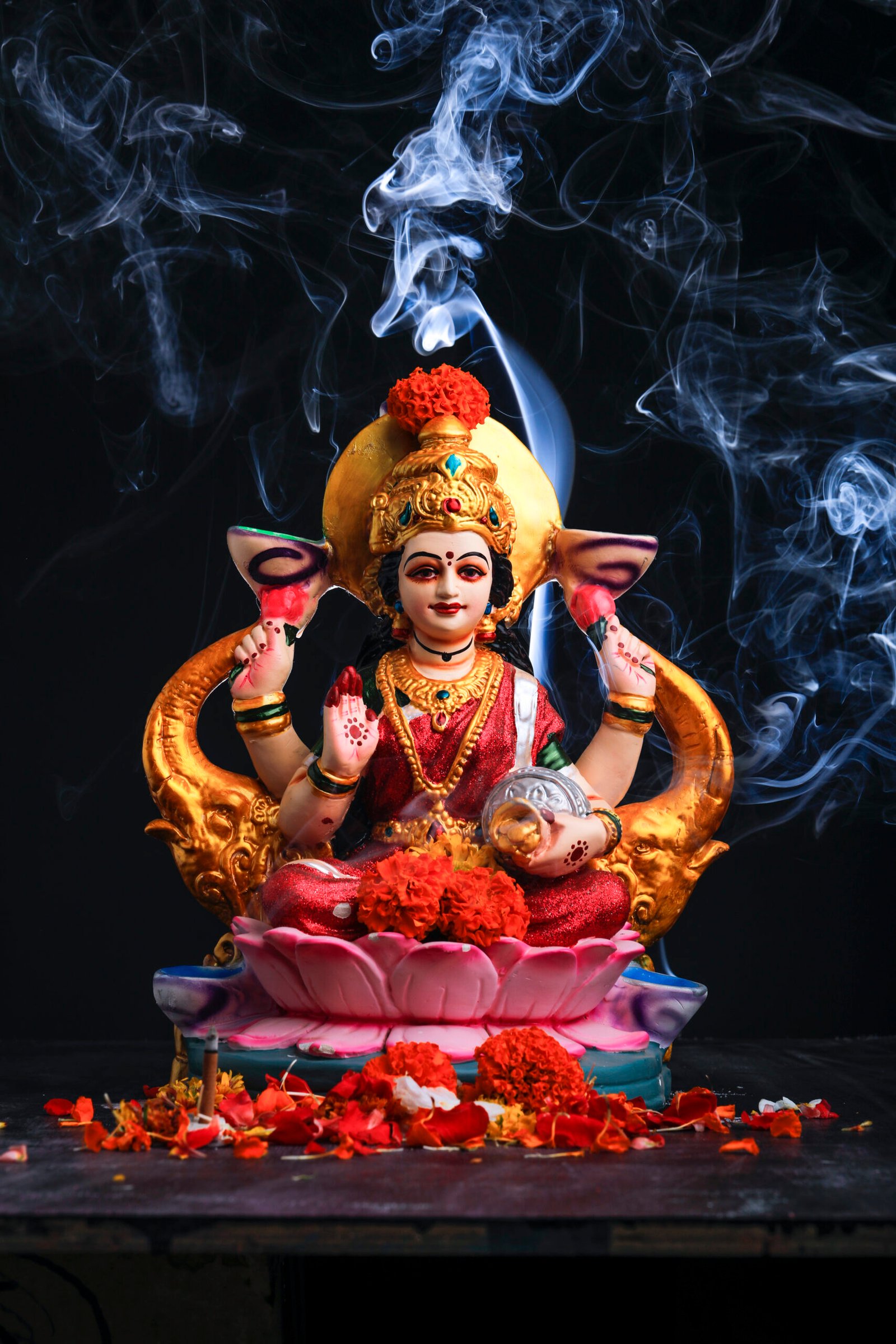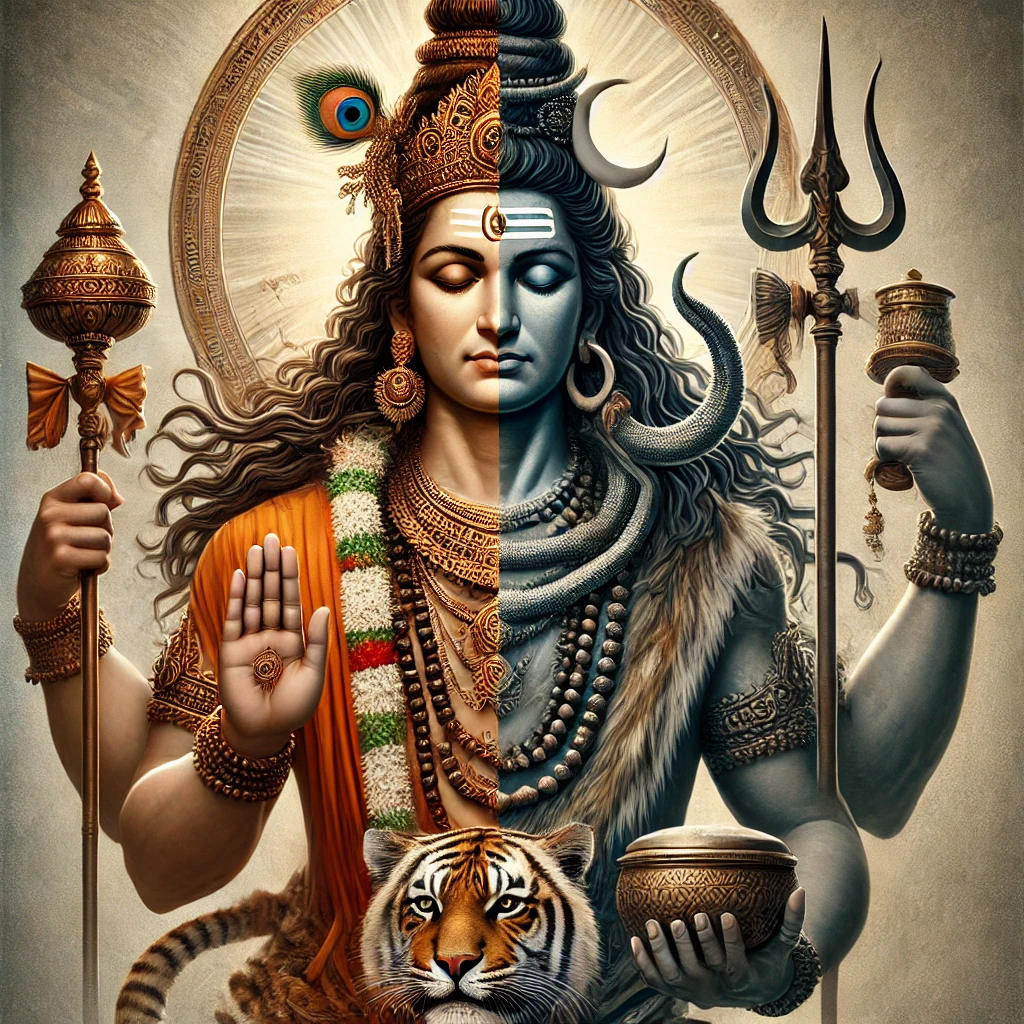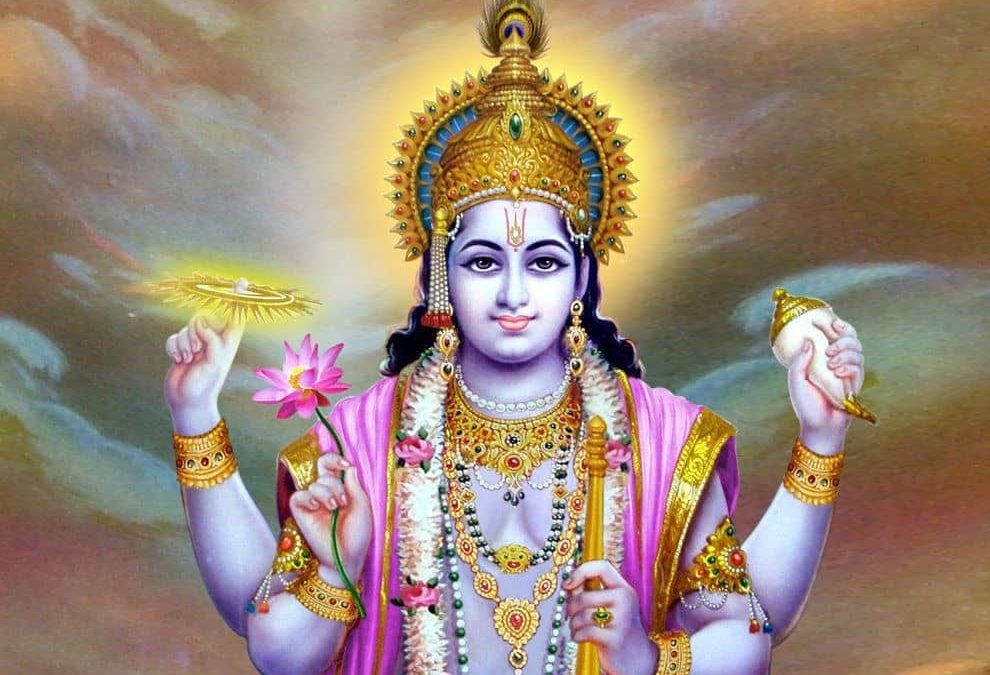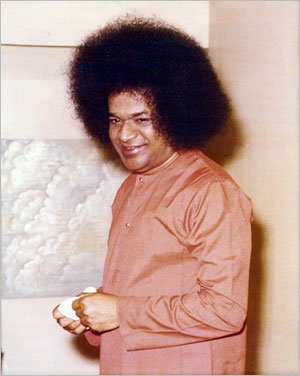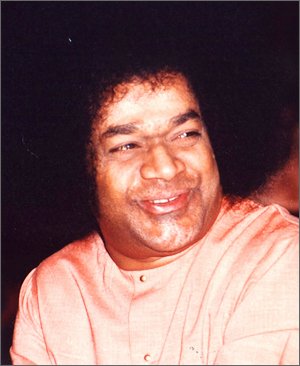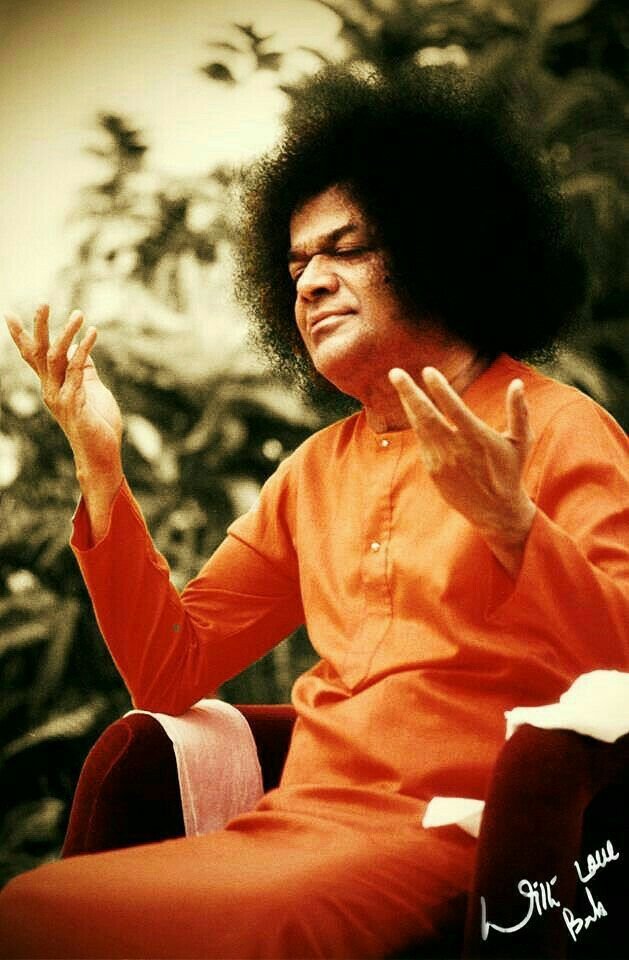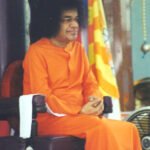Prabodha Sudhakaram Book
Prabodha Sudhakaram

Prabodha Sudhākara, meaning “The Nectar of Enlightenment”, is a unique and profound spiritual text that blends the paths of knowledge (jñāna) and devotion (bhakti). Traditionally attributed to Adi Shankaracharya, this text differs from many of his purely philosophical works by addressing the emotional and devotional aspects of spiritual practice alongside rigorous reasoning. The work consists of 257 Sanskrit verses divided into 19 chapters, written in a poetic and reflective style, aimed at leading the seeker from ignorance (avidyā) to spiritual awakening (prabodha).
The text begins by exploring the human condition — why people suffer, what they seek, and where real fulfillment lies. It points out that while all beings seek happiness, they often look for it in impermanent things — wealth, pleasure, status, relationships — all of which inevitably lead to dissatisfaction. True and lasting happiness, the text declares, comes only through Self-realization — the direct knowledge of one’s own eternal, unchanging nature as pure consciousness (Ātman).
To help the seeker develop the right mindset, the early chapters of Prabodha Sudhākara focus on detachment (vairāgya) and discrimination (viveka). The text strongly criticizes blind attachment to the body, sensory pleasures, and worldly objects. It uses vivid imagery and logical arguments to show that everything perceived by the senses is fleeting. The body is subject to aging, illness, and death; the mind is unstable; worldly happiness is momentary and dependent. These insights are not meant to create fear, but to generate a deep desire for liberation (mokṣa).
The middle chapters guide the seeker inward, toward the nature of the Self. The Self is described as pure awareness, untouched by birth and death, and the witness of all experiences. The text teaches that the Self is neither the body nor the mind, but the unseen seer, the silent presence behind all perception. By turning attention inward, using practices like self-inquiry (ātma-vicāra) and meditation, one can recognize the Self as their true identity.
Unlike many jñāna-based texts, Prabodha Sudhākara also emphasizes devotion. It praises surrender to God, especially in the form of Krishna, and encourages the seeker to combine philosophical inquiry with love and humility. This synthesis makes the text accessible to both intellectually inclined seekers and emotionally devotional practitioners.
One of the text’s central teachings is that liberation is possible in this life (jīvanmukti). One need not wait for death to attain freedom. When ignorance is destroyed through knowledge and the heart is purified through devotion, the Self shines forth, and the seeker realizes that they have always been free.
In conclusion, Prabodha Sudhākara is a luminous work that awakens the spiritual seeker to their true nature. It harmonizes Advaita Vedānta’s deep metaphysical insights with the warmth of devotion, offering a balanced path to liberation. It is ideal for those seeking clarity of mind, purity of heart, and the ultimate goal of life: freedom from suffering and union with the Self.




